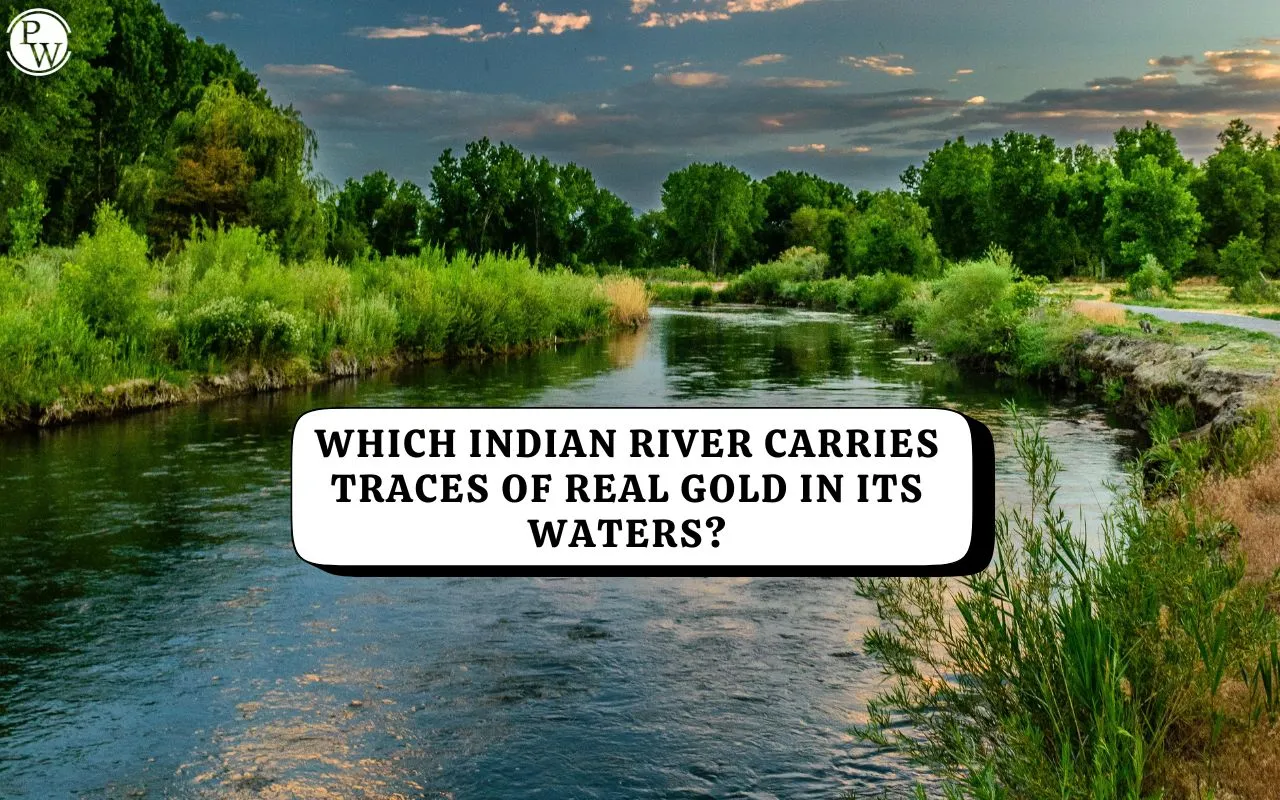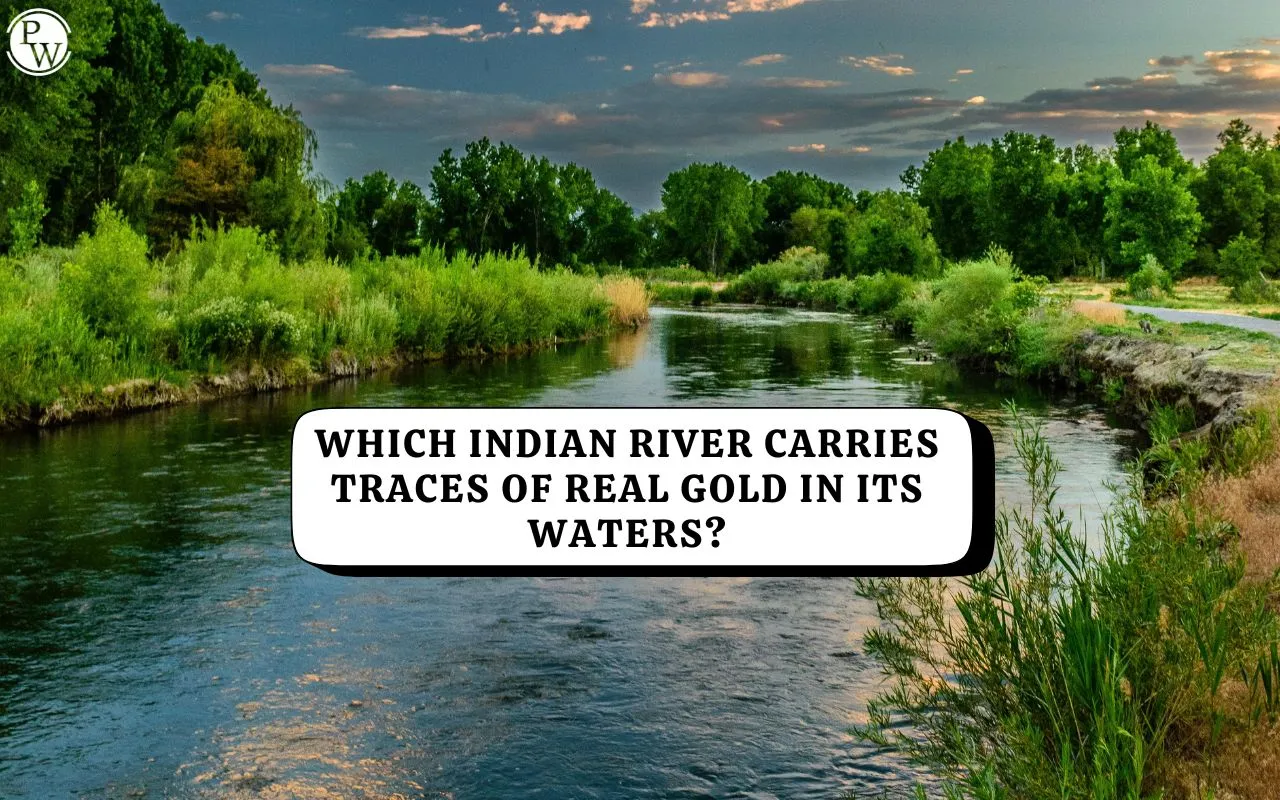

‘Subarnarekha,’ meaning “Streak of Gold” in Sanskrit, is a river flowing through the states of Jharkhand, West Bengal, and Odisha. Unlike many Indian rivers tied to mythology, Subarnarekha’s story stands out for its geological peculiarity — traces of real gold have long been found in its waters and sandbeds.
River Originates from Rani Chuan in Nagdi Village near Ranchi
Stretching 474 kilometers, the river originates from Rani Chuan in Nagdi village near Ranchi (Jharkhand) and finally meets the Bay of Bengal after flowing through parts of Odisha and West Bengal. The river passes through the Ratnagarbha region of Jharkhand, where its tributary Karkari joins it. Both are known for gold deposits that have been present for generations.
The phenomenon is not recent; it has existed for centuries. However, digital media attention in recent years has revived curiosity around the “river of gold.” Scientists continue to study its source, while locals maintain age-old practices of filtering sand and extracting minute gold particles.
Traditionally, tribal communities from the Tamar and Saranda regions have been engaged in gold extraction. The process continues almost year-round, except during the monsoon. Each household typically participates, with men and women working along the riverbanks. The task involves filtering sand from the riverbed to collect tiny gold grains—often no larger than a rice grain. This labor-intensive process demands long hours and patience, as it may take days to collect even small quantities.
Gold Mining Near the River’s Origin
Historical accounts suggest that gold mining near the river’s origin in Piska, Ranchi, predates these traditional methods. The collected particles are later refined by local goldsmiths and used for making jewelry.
Subarnarekha’s cultural presence is equally notable. It has been referenced by literary icons like Rabindranath Tagore and Bibhutibhushan Bandyopadhyay, and filmmaker Ritwik Ghatak titled one of his acclaimed Bengali films Subarnarekha.
For UPSC aspirants, this river exemplifies how geographical and cultural significance often intersect in India, making Subarnarekha both a natural wonder and a point of study in geography and general knowledge.
